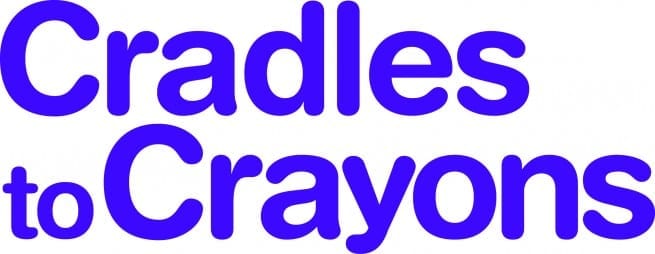09
Mar
2016
No Comment

Date/Time
Date(s) - 03/09/2016
8:00 am to 3:30 pm
Location
George Sherman Union at Boston University

Join Cradles to Crayons® at our Inaugural Summit on Poverty
March 9, 2016 | 8:00am to 3:30pm
George Sherman Union at Boston University
775 Commonwealth Avenue, Boston, MA 02215
For more information about the Summit, contact the Manager of Partner Relations, Kylee K. North at knorth@cradlestocrayons.org or 617-779-4727. Register today, space is limited. We hope to see you there!
Hear from experts on the issue of poverty and share challenges and solutions with other mission-driven nonprofit professionals.
This inaugural workshop-based summit offers engaging professional development opportunities, a variety of session topics for different experience levels, and more than 30 exhibitors showcasing local services and products to help you better serve families in need. (Three CEU credits pending for full-day attendance.)
Schedule & Workshop Details
8am |
Registration, Breakfast, Networking, and Exhibitors |
8:30am |
Welcome and Kickoff: Dr. Renée Boynton-Jarrett, Associate Professor, Boston University School of Medicine; Executive Director, Vital Village Community Engagement Network; Pediatrician, Boston Medical Center |
9:15am |
Workshops—Session 1
|
10:30am |
Workshops—Session 2
|
12pm |
Lunch, Phyllis Yale Impact Award, and Keynote Speaker: Marylou Sudders, Secretary of the Executive Office of Health and Human Services, Commonwealth of Massachusetts; Former CEO, Massachusetts Society for the Prevention of Cruelty to Children |
1:15pm |
Workshops—Session 3
|
2:30pm |
Closing Remarks and Call to Action |





